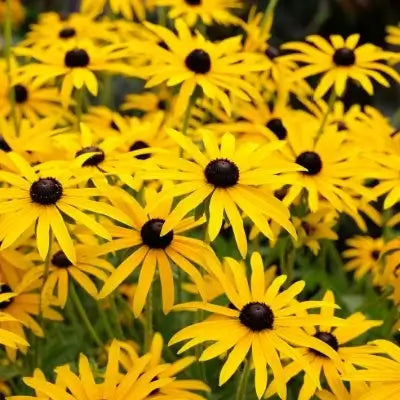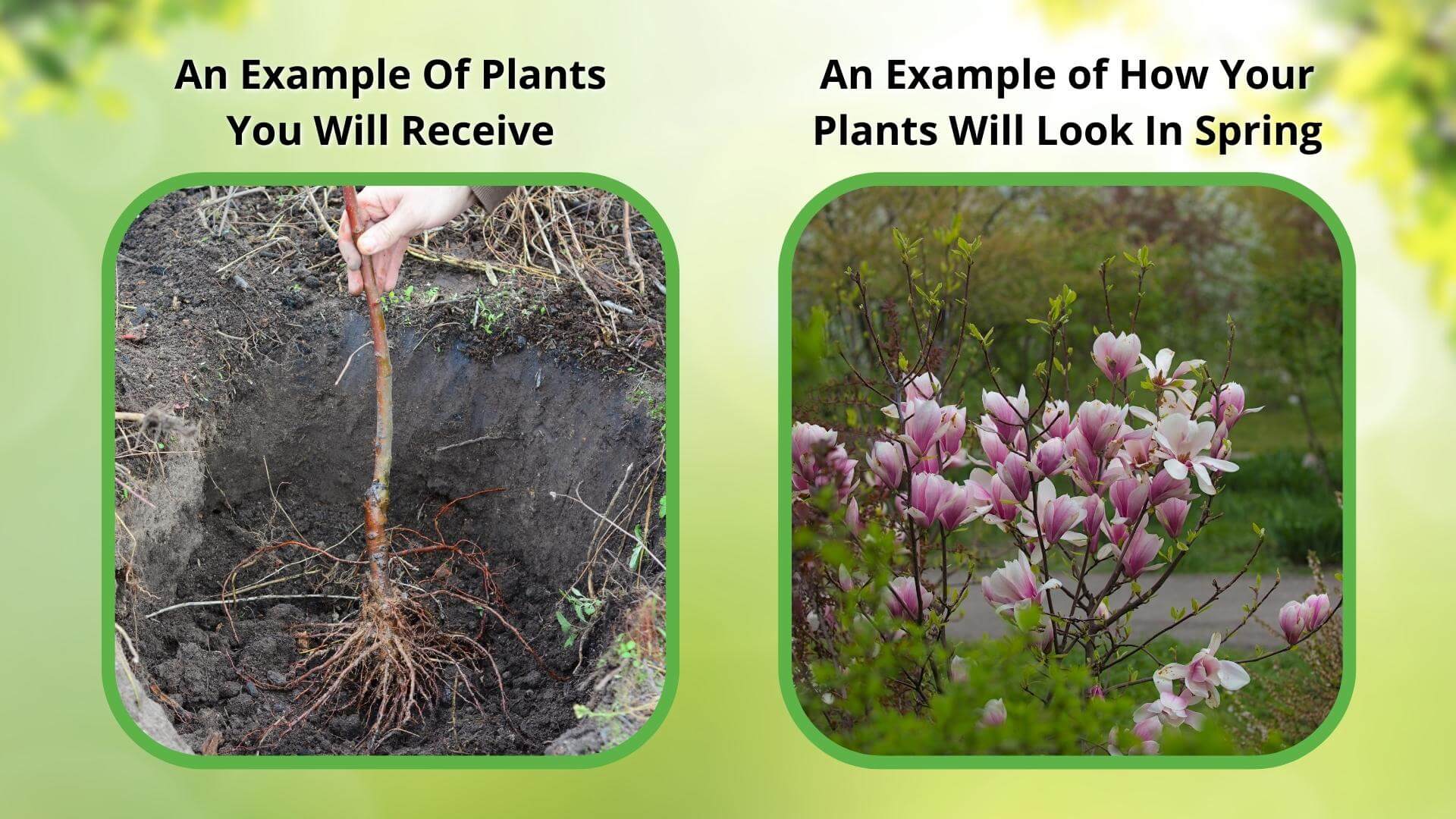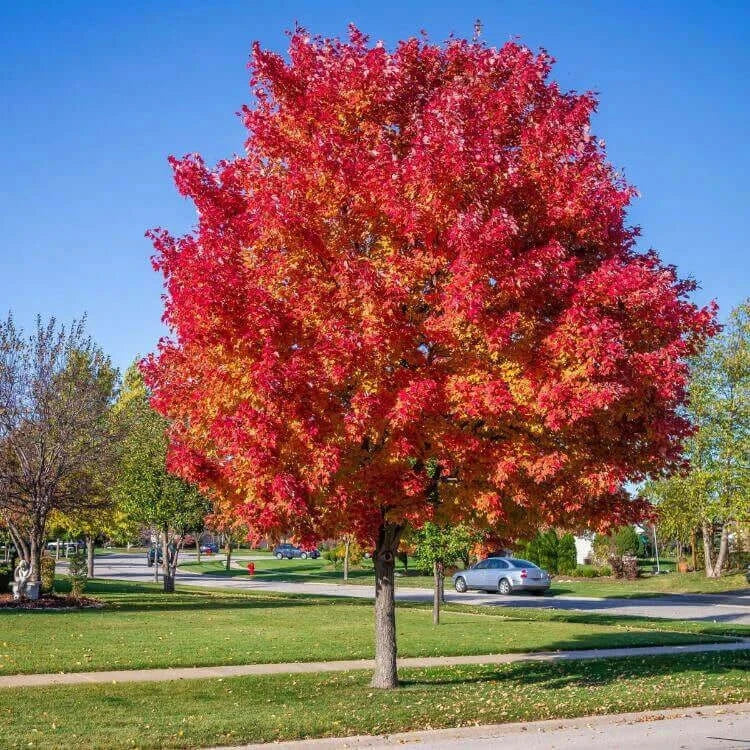
Perennials
TN Nursery has been offering affordable perennial plants to the public since 1959, spanning three generations. Whether you need one plant or a thousand, we have a wide selection of native plants perfect for your landscaping project or home garden area. If you love wildflowers or perennials that are low maintenance and do not need a lot of care, then our plants will be the perfect ones for you. Perennial plants are the backbone of any garden that is thriving and successful Unlike annuals, which you must replant yearly, perennials return season after season. They have a host of environmental and aesthetic benefits. It doesn't matter where you are in your gardening journey; you will reap big rewards when you start incorporating perennials into your garden. Look at some of the major advantages of growing perennials and how they can transform your gardening experience. Perennials Are Low-maintenance One of the undeniable benefits of these plants is that they are easy to care for. Once you establish them, these sturdy plants require less attention than annuals. Reduced Planting Efforts Since they stay alive for several years, perennials eliminate the need for annual replanting. This will save you a lot of time and effort in your garden, which is why they are the perfect choice if you are very busy but still want to enjoy gardening. Drought Tolerant These have deep root systems, allowing them to access water from the deeper soil layers in your garden. They are highly drought-tolerant and can handle some tough weather conditions. Less Weeding If you're like most gardeners, weeding is probably one of your least favorite activities. The good news is that as perennials mature, they create less dense foliage, which helps suppress weeds. This kind of natural weed control reduces the need to use chemical herbicides or have frequent weeding sessions. Cost-Effective Gardening Saving money on your garden is something that most gardeners relish. One of the best things about perennials is that they offer long-term savings compared to annual plants. When you make a one-time purchase, you will get years of beauty and utility out of them. Over time, this will reduce the cost of replacing plants each season. Additionally, many can be divided and propagated, allowing you to expand your garden without too much additional expense. Some perennials thrive when split and replanted, giving you more greenery in your garden for free. Garden Aesthetics Of Perennials If keeping your garden vibrant and dynamic year-round is one of your goals, then these plants are the right choice. You will experience continuous blooms at various times of the year. Certain varieties usher in different seasons, and if you take the time to plant and nourish them, you will have a beautiful garden all year round. These plants are a great choice if you want structure and interest in your garden throughout the season. Environmental Benefits Growing perennials has several environmental benefits, and if you want to make your garden eco-friendly, you can certainly do so with these plants. Perennials stabilize the soil and reduce erosion over time. They also enhance the soil structure. While this is an awesome environmental benefit, it is not the only one. Thse flowers attract butterflies, bees, and other pollinators. This helps to sustain the ecosystem and support biodiversity. In general, because they require fewer resources such as fertilizer and water, once they have become established, these plants are naturally environmentally friendly. Biodiversity and Wildlife Habitat These types of gardens provide a natural habitat for various species. They supply nectar and seeds for pollinators, birds, and small animals, supporting the environment and wildlife. Since many will remain in your garden during the winter, they offer shelter to insects and small animals. Their dormant foliage will create a natural mulch layer, protecting the soil and plant roots. Functional Benefits for Your Garden Space Many are low-growing, which reduces the need to mulch the soil extensively while also helping to prevent soil erosion. While low-growing plants may shelter and protect the ground, there are tall perennials that create natural privacy barriers in your garden. You can replace your artificial fences with these natural barriers if you choose. They will certainly look more beautiful than the traditional fencing. Finally, many are edible or have medicinal properties. Attract Pollinators They are a long-term investment that leaves a lasting mar and will grow more robust as the years go by. Some species can live for decades and become heirlooms in your garden. They will be like a familiar friend that is always there. These plants leave a joy and beauty that will cause future generations to gasp at their beauty, but to get to this eye-catching moment, you have to resolve to care for these plants in the best way possible. Choosing the Right Plants for Your Garden It is very important to select the right plants for your garden. Several factors must be considered, such as soil type, climate, and garden preferences. Consider getting native perennials, as they will better adapt to the region's climate and soil. This makes them very low-maintenance and ecologically beneficial. However, light requirements for perennials can differ, so you need to consider this when making your selections. Some are sun-loving and will thrive in open spaces where they are continually hit by direct sunlight. However, others flourish more in shaded areas. Environmentally-Friendly Bloom time is also another consideration. You should choose perennials with a staggered bloom time. This way, you will have a beautiful garden regardless of season. Perennial plants are a lot more than just staples in a garden. They are a testament to the beauty, resiliency, and sustainability that nature can provide. At TN Nursery, We Know Quality, We Grow Perennials Right Here On Site














